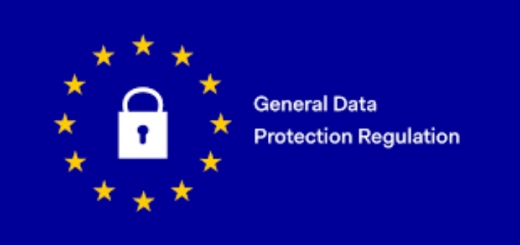Real-World Applications of Blockchain to Compliance (Part II of II)
The financial industry has embraced the future of blockchain technology. And for good reason. As a regulated industry that is required to provide regulators with large amounts of financial data, blockchain can make that process pain-free. Financial institutions have to collect, organize and deliver large amounts of risk data to federal regulators. Much of the information has been stored in “older” information technology systems and/or...
























